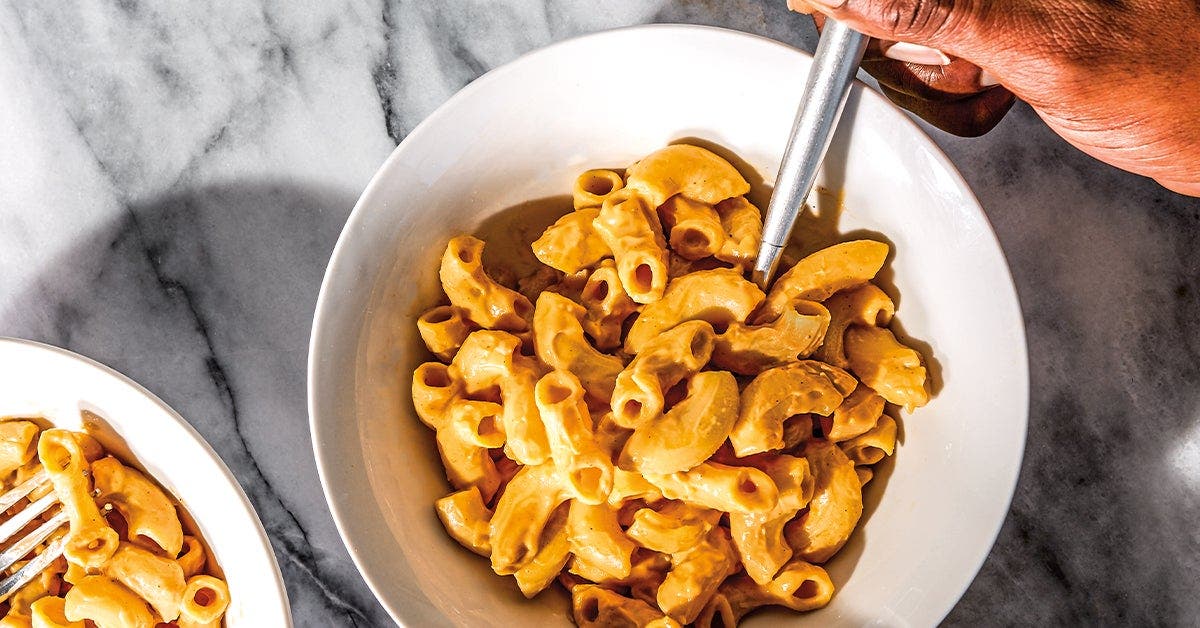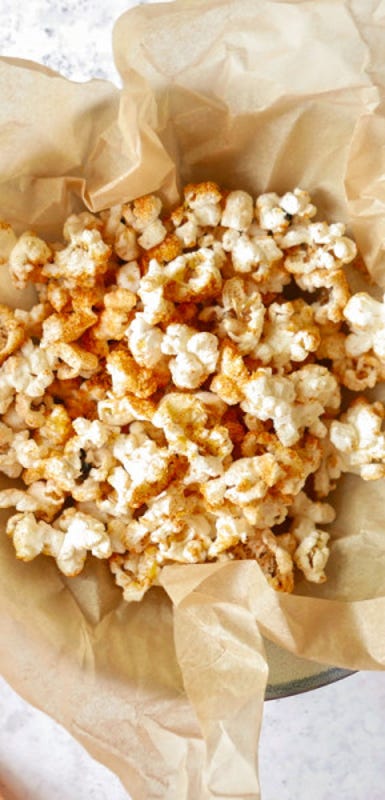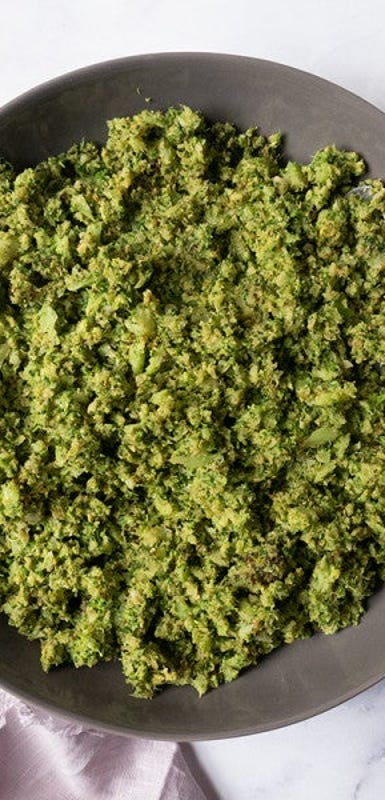Your complete nutrition guide to vegan cheese


Ahh, the ooey-gooey goodness of a grilled cheese sandwich. Not long ago, that satisfying texture and rich taste were missing from plant-based cheese—but not anymore.
“Vegan cheese has improved over the past 10 years,” says registered dietician nutritionist Ricci-Lee Hotz, owner of A Taste of Health in Lakewood, Colorado. “It’s become significantly more palatable.” (And meltable, too!)
The innovation is likely driven by growing demand: Sales of plant-based cheese grew at more than 3 times the rate of animal-based cheese between 2018 and 2020.
Curious about all the vegan cheeses at the market? Read on for an expert’s take on the nutritional benefits and taste of this plant-based food.
How vegan cheese is made
The process for making vegan cheese is very similar to that of dairy-based cheese, Hotz says. Here’s how it works: Juice and pulp from a plant are combined with a fermenting liquid (often made from a grain) that causes solids to form. Next, stabilizers and emulsifiers—like carrageenan and xanthan gum—are added to prevent the solids from separating. The last part of the process focuses on taste: A combo of herbs, spices, and yeast extract might be blended in to give vegan cheese a desired flavour, Hotz says.
Vegan cheese is most commonly made from the following ingredients:
- Soy: Soy-based cheeses—which sometimes go by the names tofu, sufu, and furu—have nutritional properties most similar to dairy-based varieties. Cheese made from soy often has a creamy texture and may have a slightly sweet flavour.
- Coconut: Coconut oil or milk is often used as a base for vegan cheese because it solidifies, and its fat helps deliver a creamy texture and satiating effect.
- Nuts: Milk from almonds, cashews, pistachios, and macadamias is often used to create cheese. The result is a nutty-flavoured creamy or firm cheese (depending on whether coconut oil is added.)
- Potatoes: Tubers are boiled until soft, then mixed with broth or water, oil, and seasonings to create a creamy vegan cheese. Potato-based cheese sometimes has a slightly sweet taste, Hotz says, but added spices help balance the flavour.
- Tapioca: Tapioca is a starchy flour that’s used to improve meltability in soy- and nut-based cheese, Hotz says.
- Nutritional yeast: While not an ingredient in vegan cheese per se, this seasoning is often used to impart a cheesy taste to vegan dishes. It’s an inactive form of the same yeast used to leaven bread, heated to a high temp to dry it.
Varieties of vegan cheese
Love your bagel with a schmear? There’s a vegan cream cheese for that! Craving nachos? A queso-style variety might hit the spot. You can now find hard and soft vegan cheese—in slices, blocks, shreds, and tubs—in many of the same flavours as dairy-based cheese.
The primary ingredient in a vegan cheese contributes to its taste. For example, coconut-based cheese tends to skew a bit sweet, while a cashew-based variety may have a slightly nutty flavour. But manufacturers use salt- or acid-based additives—as well as spices—to tweak the flavour profile, so you can’t predict the taste of vegan cheese by its main ingredient alone.
Is vegan cheese healthy?
Healthy eating is really about a person’s overall diet, not one particular food or meal. And while vegan cheese may provide some nutrients (more on those in a sec), don’t assume that the term “plant-based” automatically means a food is “healthy.” Some vegan cheeses are high in saturated fat, Hotz notes as an example. Saturated fat raises levels of LDL cholesterol—the kind linked to a higher risk of heart disease. Still, vegan cheese can be part of a healthy pattern of eating, just like any other food. It comes down to making informed food choices that support your wellbeing over time.
Is vegan cheese healthier than dairy-based cheese?
Vegan cheese isn’t necessarily better or worse for you than dairy-based options. Here’s how the two types compare on some major nutritional points:
- Protein: Unlike dairy-based cheese, many vegan cheeses lack protein, Hotz says. Protein is a key nutrient for building and maintaining tissues in the body; it also boosts satiety, Hotz adds.
- Fat: Most cheese contains fat, a nutrient your body needs to build brain and nerve tissues, and absorb some essential vitamins. If you’re concerned about your intake of saturated fat, consider soy cheese: Unlike dairy- and coconut-based cheeses, it contains polyunsaturated fat, which helps reduce the level of LDL cholesterol in the blood.
- Calcium: “Calcium is a key nutrient for bone health,” Hotz says, and dairy-based cheese is generally a good source. One slice of cheddar, for example, provides just about 10% of the recommended daily amount of the nutrient. The calcium in plant cheeses varies, Hotz says, with soy-based cheese generally having more calcium than nut-based varieties.
- Calories: “The calorie count of vegan cheese varies, depending on its ingredients,” Hotz says. Vegan cheese isn’t necessarily higher or lower in calories than dairy-based cheese.
- Sodium: “Vegan cheeses can be higher in sodium than dairy cheeses due to the additives used to flavour and stabilize them,” Hotz says. But, she adds, the difference tends to be relatively small. A good rule of thumb: If a serving of any cheese contains 20% of your Daily Value or more, it’s high in sodium.
How to choose a vegan cheese
What to look for in a vegan cheese depends on your personal preferences and dietary needs. Here are a few things to keep in mind when shopping:
- Check nutrition facts: The nutrients in vegan cheeses vary based on their main ingredients and whether they’re fortified (i.e., contain added nutrients). If you have a specific dietary concern—for example, you’re trying to watch your sodium intake or eat more protein—scan the nutritional stats on the label.
- Review all the ingredients: The ingredient list is crucial if you have an allergy or dietary restriction. Nuts and soy, for example, are common allergens, Hotz says. Meanwhile, some plant-based cheeses contain a milk protein called casein, which means they aren’t technically vegan.
- Consider how you’ll use it: If you’re sprinkling a vegan cheese on pizza or using it in a grilled sandwich, meltability is key. In that case, “look for a brand that uses tapioca,” Hotz says, since cheeses with that ingredient tend to melt better than those with a coconut base.
Can I make my own vegan cheese?
There’s no shortage of vegan cheeses available at grocery stores, but you can also whip up your own with one of the many how-tos floating around online. Or, try a new recipe (you’ll find a few of our favourites below) that gives nutritional yeast a starring role.
4 delicious vegan cheese recipes
Body Text



